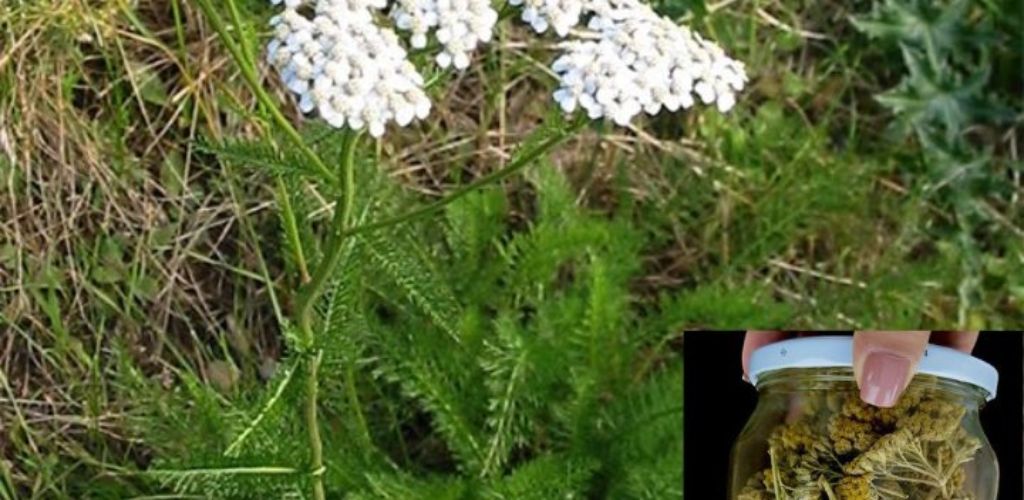12.01.2025
Yarroway: The herb that can save the day
Yarrow (Achillea millefolium), a humble yet powerful herb, has been used for centuries as a natural remedy for a wide range of ailments. Known as “nature’s bandage” for its ability to stop bleeding and support wound healing, yarrow also offers a plethora of other medicinal benefits.
Key Benefits of Yarrow
- Promotes Wound Healing
Yarrow’s astringent and antimicrobial properties make it ideal for treating minor cuts, scrapes, and burns. It helps to staunch bleeding and prevents infections, earning it the nickname “soldier’s herb” during wartime. - Eases Digestive Discomfort
Yarrow tea can soothe an upset stomach, reduce bloating, and improve digestion by stimulating the production of gastric juices and bile. - Reduces Menstrual Pain
Traditionally used to ease menstrual cramps and regulate cycles, yarrow helps relax the uterus and reduce heavy bleeding. - Supports Respiratory Health
As an anti-inflammatory and expectorant, yarrow can relieve coughs, colds, and respiratory congestion by loosening mucus and soothing irritated airways. - Anti-inflammatory Effects
Yarrow contains flavonoids and sesquiterpene lactones that reduce inflammation, which may help with arthritis, muscle pain, and other inflammatory conditions. - Boosts Circulation
Yarrow improves blood flow and strengthens blood vessels, which may help alleviate varicose veins and reduce the risk of clotting. - Calms Anxiety and Stress
Known for its mild sedative properties, yarrow can help ease tension, reduce anxiety, and promote restful sleep. - Supports Skin Health
Its anti-inflammatory and antimicrobial properties make it a great natural remedy for acne, rashes, and other skin irritations. - Helps with Fever Management
Yarrow has been used in traditional medicine to induce sweating, helping to break fevers naturally.
How to Use Yarrow
1. Yarrow Tea
- Ingredients:
- 1–2 teaspoons of dried yarrow flowers or leaves
- 1 cup of boiling water
- Instructions:
- Steep yarrow in boiling water for 10 minutes.
- Strain and enjoy. Add honey or lemon for taste.
2. Yarrow Poultice
- Mash fresh yarrow leaves and apply directly to wounds or bruises. Secure with a clean bandage for quick healing.
3. Yarrow Tincture
- Take a few drops diluted in water to alleviate digestive discomfort or menstrual cramps.
4. Yarrow Infused Oil
- Use as a natural remedy for skin conditions or for massage to relieve muscle pain.
Precautions
- Allergies: People allergic to plants in the daisy family (Asteraceae), such as chamomile or ragweed, should use yarrow cautiously.
- Pregnancy: Avoid yarrow during pregnancy as it may stimulate uterine contractions.
- Medication Interactions: Yarrow may interact with blood-thinning medications or sedatives, so consult a healthcare provider before use.
Why Yarrow?
Yarrow is an ancient herbal ally that continues to offer remarkable healing properties in modern times. From wound care to stress relief, its versatility makes it a must-have in any natural remedy toolkit. Whether used as tea, poultice, or tincture, yarrow can truly save the day!
